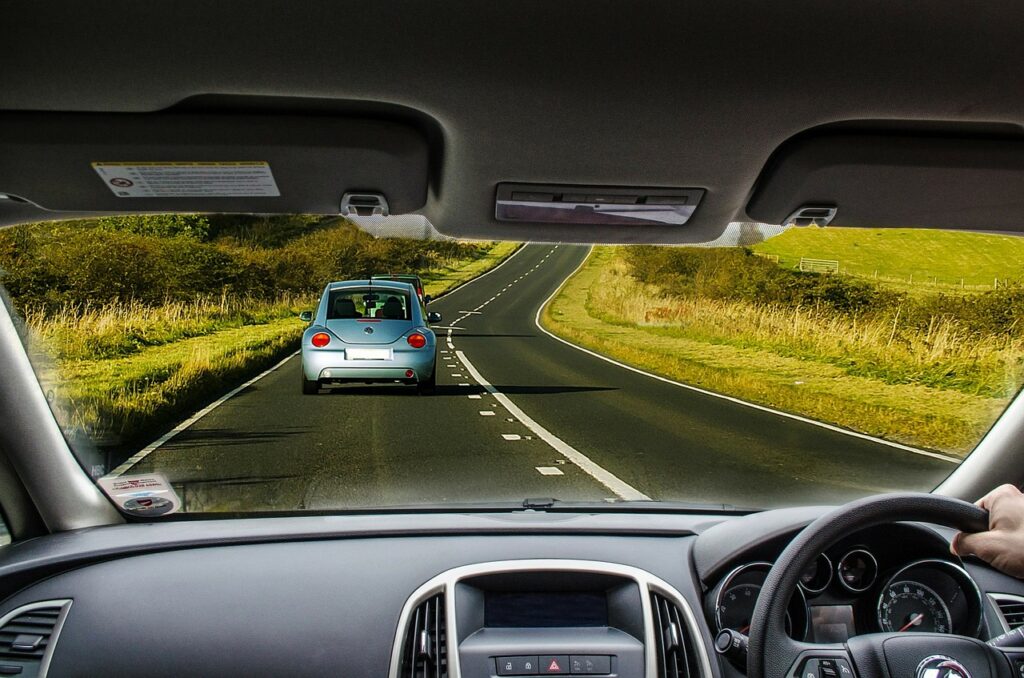Road rage is a result of poor anger management skills. Anger management is both educational and therapeutic contributing leading to a happier you.
Psychologist Dr. Prerna Kohli
There is little to no awareness and concern of road rage and its consequences in this era of millennials in our country. In layman terms, road rage is an aggressive behavior of a driver while on road towards the other vehicle drivers. In today’s time, collisions, threat, and assault in high numbers are caused due to road rage.

Studies conclude that at least 80% of drivers experience anger while driving in a year but not all engage in road rage. This could be the result of better anger management skills and the availability of efficient tools to deal with anger to them. There is a high possibility that the rager might also have anger issues in other aspects of his life as well.
Almost all anger on the road incidents arises due to two main processes: threat and drive. A threat is when a driver cuts in front to you, causing you to apply the brake suddenly. Likewise, if someone is driving slow or blocks us, there is a sudden reaction of anger to push through the obstacles.

Prevention for aggression on roads:
1. Aggression is caused because of lack of sleep. Therefore, it is important to get enough rest
2. Limit alcohol- alcohol is a risk factor at roads, more so it increases rage. Hence, it is recommended to limit alcohol intake in day to day life.
3. Leaving early for destinations reduces rash driving and lessens aggressive behavior on road.
4. Play soothing music which helps calm the anger while driving.
5. Putting pictures of your loved ones on your dashboard serves as a reminder to not engage in any unsafe behavior.
6. Learn better coping mechanism for anger. The most noteworthy step is to learn about anger management.
Above all, fury on the road is growing due to the lack of empathy amongst drivers. Aggression is the result of absences of personal touch with other drivers while driving, also the heavy metal of the car as road ragers does not think of the consequences as dangerous.

How to respond to road rage:
1. Change lanes, when being tailgated.
2. Do not return gestures or get into a verbal spat, rather ignore.
3. Slow down and let them pass.
4. Rager is less dangerous ahead. Hence, stay behind them.
5. Deep breaths and relax.
In conclusion, you might be the offender or the victim but it is equally important to consult with an experienced psychologist to help you manage your anger issues or help you with the traumatic stress of being on road.
To learn more about Dr. Prerna Kohli click here
All images are courtesy Pixabay

